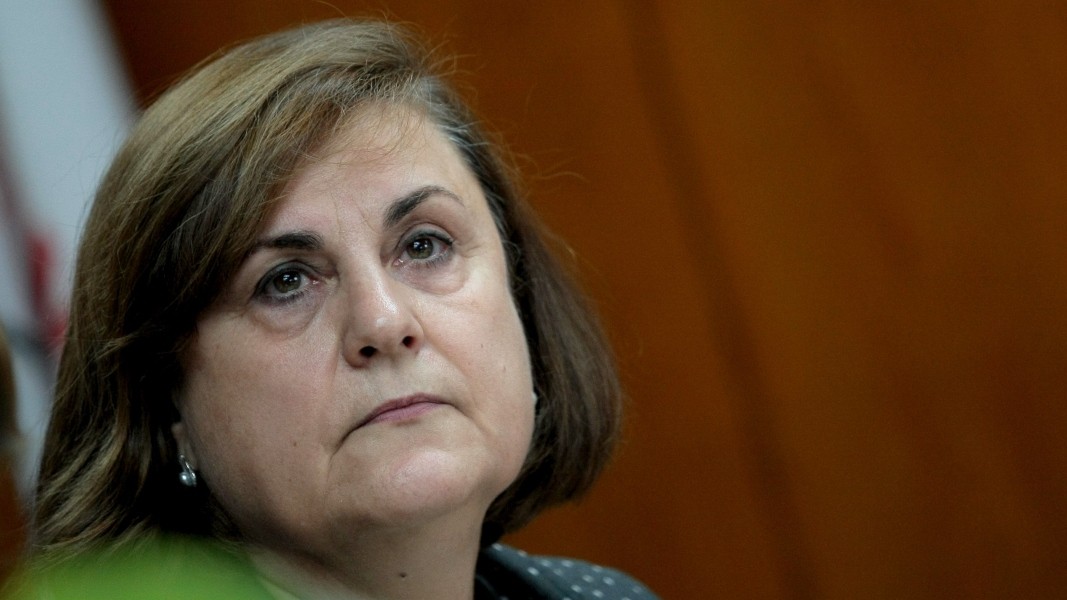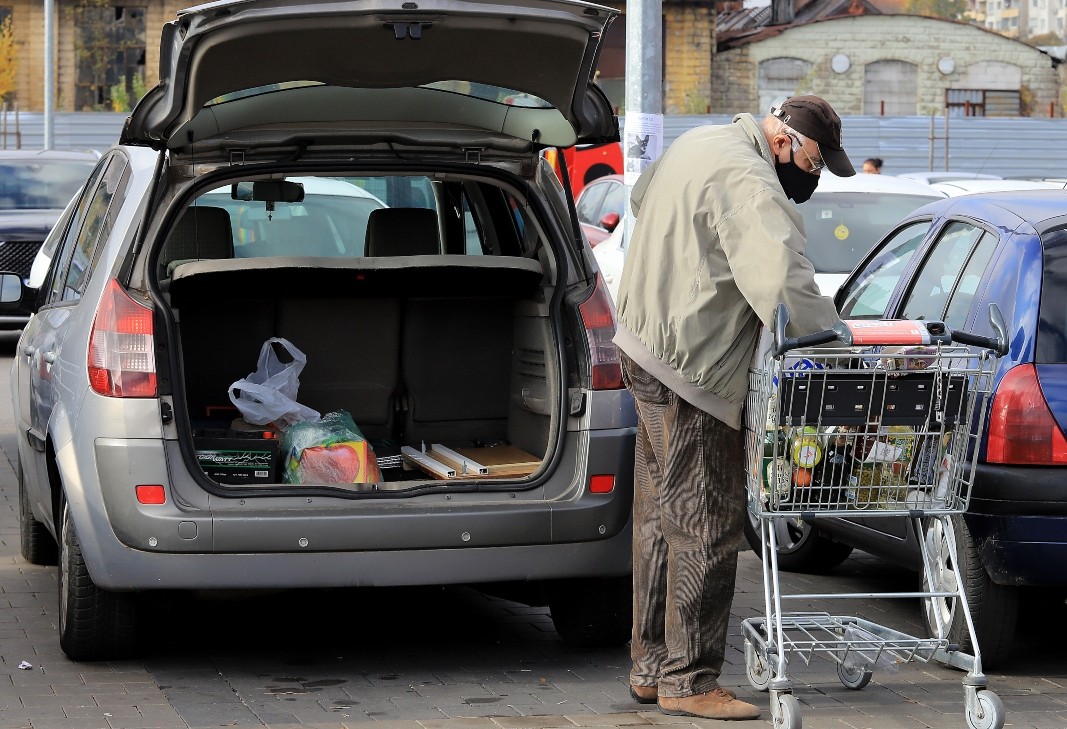The prices of goods and services in Bulgaria have started to go up. This is after a threefold increase in natural gas prices since the beginning of the year and an increase in heating and electricity prices in mid-summer. Globally, countries were not surprised by higher energy prices and were preparing for inflation, but it hit poorer economies the hardest.
In Bulgaria, where incomes for years are many times lower than the EU average, now even larger groups of the population are threatened with being left not only without money for heating in the winter, but also without enough funds to cover their food and healthcare needs.

The latest data from a study by the Institute for Social and Trade Union Research of CITUB from the end of August and the beginning of September are alarming. They reveal that the fastest rise is seen in the prices of foodstuffs which are part of the traditional livelihood of Bulgarians. Wheat flour is 7.3 percent more expensive. According to experts, the reason is the expensive grain on the international markets and their influence in Bulgaria. In addition, bearmakers raised prices in September by at least 10 stotinki (5 eurocents) due to higher energy prices. The rise is expected to continue.
The prices of some vegetables are also significantly higher than last year, according to a CITUB study. These are seasonal vegetables such as cucumbers, tomatoes, peppers, which are used to prepare home-made winter preserves traditional for many Bulgarian families.
"This makes us think that in the coming months the poorest households in Bulgaria will be most affected by inflation. This means that the poor will become even poorer, because their consumer basket includes the most necessary, basic products - bread, cereals, vegetable oils and more," says Violeta Ivanova - an expert from the Institute for Social and Trade Union Research at CITUB.

"The study shows that in some districts such as Blagoevgrad, Kyustendil, Vidin, Haskovo, where wages are about 30% lower than the national average, there is a significantly higher increase in the prices of basic goods. The growth is significantly above the national average. Therefore, the standard of living in these areas is much lower and the prices for the people there are becoming socially unbearable”, emphasizes Violeta Ivanova.
According to her, the poorer areas are most seriously affected by this, where salaries remain below BGN 1,000 /500 euros/, with an average for the country of 1,525 levs /763 euros/. At the same time, there are more economically developed municipalities in Bulgaria, where the average salary is higher than in the country. "This shift in the incomes of the regions is worrying, because the rate of wage growth in the poorer ones will not compensate for the increase in prices", the expert says.
CITUB predicts that from January 1 there will be a new increase in heating and electricity, and this will further raise the bills for heating and electricity. The problem in Bulgaria is that because of these high bills, people will again reduce their costs for basic food and will choose cheaper and lower quality products from the store. In addition, they will not be able to set aside funds for healthcare, education, culture.

"We believe that by the end of the year the cost of living will increase by 5 percent or more," says Violeta Ivanova.
"This means that in a 3-member household, with two employees and one child, each of the parents must receive 1,010-1,020 BGN /nearly 510 euros/. CITUB defends its position that from January 1 next year the minimum wage should increase by 17.5% and reach BGN 764 /380 euros/ (currently it is 650 levs /325 euros/). Along with this, wages in the public and private sectors should increase - by an average of 13%. The salary for covering the cost of living in 2024 will go close to the minimum wage and, accordingly, the minimum wage will represent 50% of the average wage for the country. This is one of the main requirements that is expected to be adopted by the EC and to be imposed in all member states."
English version Rositsa Petkova
Photos: BGNESBulgaria is making good progress toward joining the Eurozone, as inflation is decreasing towards the threshold set by the criteria, European Bank for Reconstruction and Development President Odile Renaud-Basso said in an interview with BTA. The..
Bulgaria's Ministry of Transport has been working for years to develop Corridor No. 8, connecting the Adriatic with the Black Sea through Albania, North Macedonia and Bulgaria. Of the 1,220 km of railway line along the corridor, 747 km are on the..
A little less than a month ago, Minister of Finance Temenuzhka Petkova presented, in Brussels, the headway Bulgaria has made along the road to joining the Eurozone. There, she stated that with its prudent fiscal policy, the country had earned its..
There are no plans for the privatization of the Vazovski Machine-Building Plants (VMZ) in Sopot, and the information circulating in this regard is..

+359 2 9336 661
